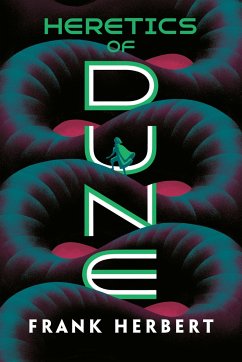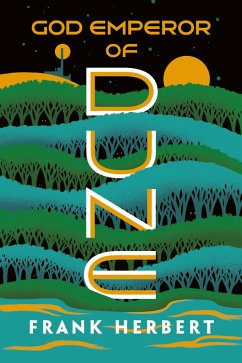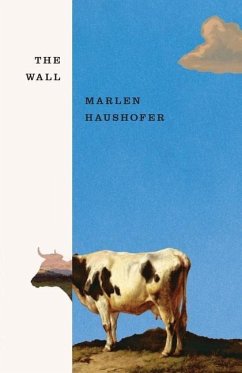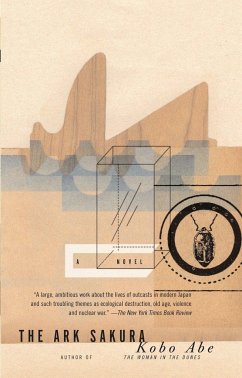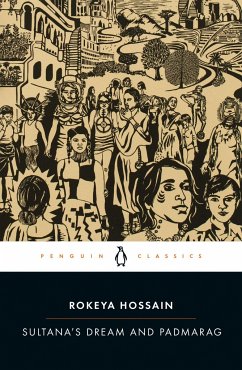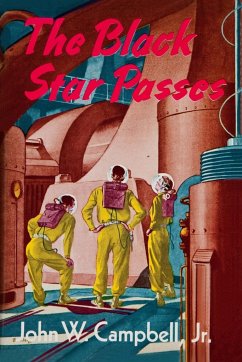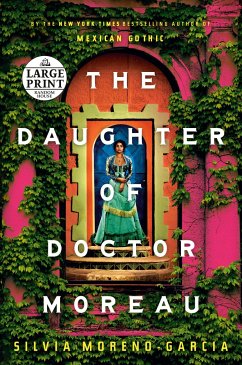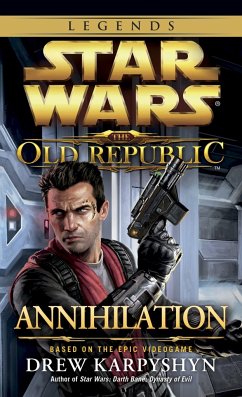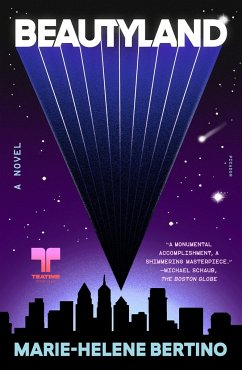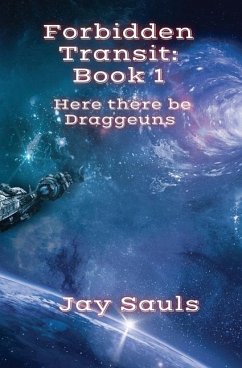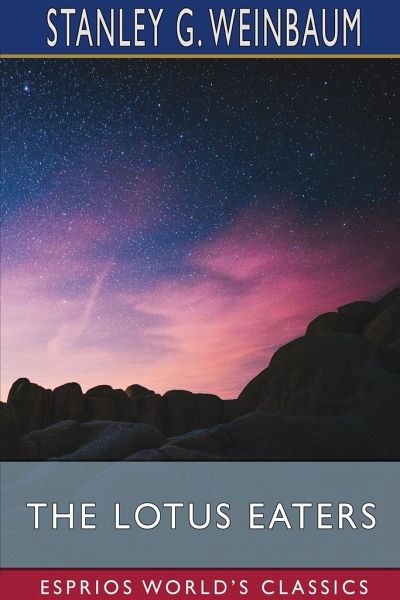
The Lotus Eaters (Esprios Classics)
Versandkostenfrei!
Versandfertig in 1-2 Wochen
16,99 €
inkl. MwSt.
Weitere Ausgaben:

PAYBACK Punkte
8 °P sammeln!
"The Lotus Eaters" is a science fiction short story by American writer Stanley G. Weinbaum originally published in the April 1935 issue of Astounding Stories. "The Lotus Eaters" was Weinbaum's fifth published story, and is a sequel to "Parasite Planet". A month after the events in "Parasite Planet", Hamilton "Ham" Hammond and Patricia Burlingame are married, and thanks to Burlingame's connections, the two have been commissioned by the Royal Society and the Smithsonian Institution to explore the night side of Venus. There they find a species of warm-blooded mobile plants with a communal intelli...
"The Lotus Eaters" is a science fiction short story by American writer Stanley G. Weinbaum originally published in the April 1935 issue of Astounding Stories. "The Lotus Eaters" was Weinbaum's fifth published story, and is a sequel to "Parasite Planet". A month after the events in "Parasite Planet", Hamilton "Ham" Hammond and Patricia Burlingame are married, and thanks to Burlingame's connections, the two have been commissioned by the Royal Society and the Smithsonian Institution to explore the night side of Venus. There they find a species of warm-blooded mobile plants with a communal intelligence that Burlingame nicknames Oscar.




